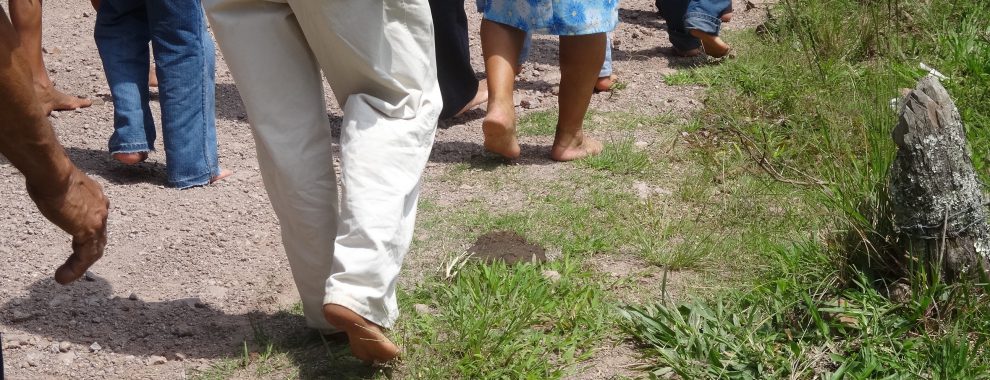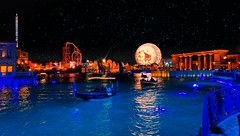“Fear kills you,
and you kill them.”
St. Quodvultdeus
Today is the feast of the Holy Innocents, remembering the children killed by Herod’s troops in Bethlehem. Some early writers talked of several hundred children, but it may have been only between six and twenty-five. But the death of every innocent – by war, by abortion, by terror – should cause us to grieve. But…
In a homily on the Creed, cited above, St. Quodvultdeus (whose name means “what God wills”) addresses King Herod, reminding him that the fear that moved him to kill the innocent is killing him from within.
Fear is at the root of Herod’s rage which moves him to kill the Innocents of Bethlehem, in his effort to kill Jesus, the newborn king. As Robert Ellsberg puts it so succinctly in All Saints,
It is the constant fear of every tyrant that somewhere, perhaps in an obscure village, perhaps at that very moment, there is a baby born who will one day signal the end of his power.
Fear kills something in us and moves us to kill, to consider the Other as enemy, as a threat to my power, to my existence.
That, too, is the point of one of Thomas Merton’s most pointed essays in New Seeds of Contemplation, “The Root of War Is Fear,” an essay which merits prayerful reading in these days.
At the root of all war is fear: not so much the fear men have of one another as the fear they have of everything. It is not merely that they do not trust one another; they do not even trust themselves. If they are not sure when someone else may turn around and kill them, they are still less sure when they may turn around and kill themselves. They cannot trust anything, because they have ceased to believe in God.
Fear consumes us. I see it consuming the people around me. I observe, from a distance, the fear that seems to be consuming people in the US.
And so war rages around us.
We fear for our lives and safety and so innocent children suffer, especially the innocents in Aleppo, Syria.
The foreign policies of Russia, Syria, the United States and many other countries are based in fear and so they rely on bombs, drones, and weapons of mass destruction (nuclear and otherwise) to seek security.
But we have let fear consume us. And so the children suffer.
There is an image by Judith Mehr going around the internet these days , entitled “Omran,angels are here,”which has at its center a child wounded in Aleppo, surrounded by three angels, who remind us of the three angels who visited Abraham.
Who will be the angels that comfort the children, the mothers, the victims of bombings?




 the patrons of missionaries, who died at 46 years of age, after eleven years as a missionary to Asia. He was a tireless worker and baptized thousands.
the patrons of missionaries, who died at 46 years of age, after eleven years as a missionary to Asia. He was a tireless worker and baptized thousands.
 My white diaconal stole bears his symbol of the heart of Jesus with the Cross. Why does he appeal to me so much?
My white diaconal stole bears his symbol of the heart of Jesus with the Cross. Why does he appeal to me so much?


